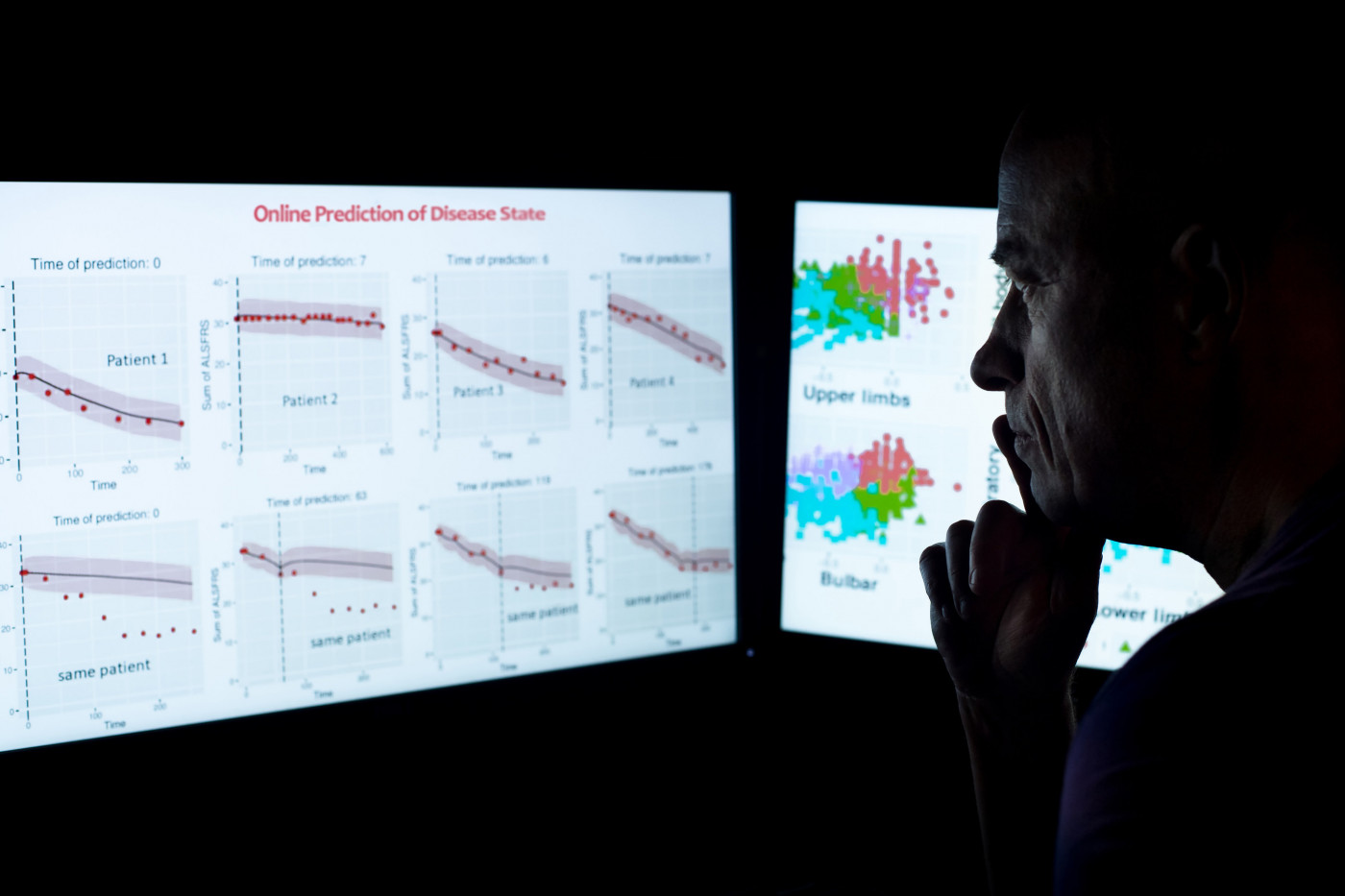Researchers Develop Predictive Platform for Personalized Care of ALS Patients

Researchers at Israel’s Ben-Gurion University (BGU) have developed an artificial intelligence (AI) platform that can help monitor and predict the course of amyotrophic lateral sclerosis (ALS).
The tool was designed by Boaz Lerne, PhD, associate professor at BGU, and his colleagues, in order to help identify biomarkers associated with neurodegenerative diseases and pave the way for personalized patient care and improved therapy development.
The team primarily focused the design of the platform on tackling the diagnosis and monitoring challenges associated with ALS, but hopes to extend its use to improving the care of other patient populations, including Parkinson’s and Alzheimer’s disease.
“One of the big challenges of designing and managing clinical trials for ALS stems from the fact that not only is it a rare disease, but also clinical heterogeneity makes it hard to identify markers correlating with disease severity for enabling successful clinical trials,” Lerner said in a news release. “As a result, after decades of research, there is still no real cure for ALS and other neurodegenerative diseases, such as Alzheimer’s disease.”
ALS is a very heterogeneous disease that can manifest differently among patients. The symptoms’ variability at onset, as well as different disease progression rates and patterns, can make the diagnosis and treatment decision-making process difficult.
Strategies that can help clinicians accurately classify patients according to their particular disease manifestations can significantly affect treatment and outcome. Thenew AI-based platform is designed to provide clues, thus improving patient care and quality of life.
The platform uses and analyzes demographic and clinical data, taking advantage of machine learning and data-mining algorithms to produce computer models. These models will help predict the rate and pattern of ALS’ course by recognizing key parameters, such as specific lab tests and vital signs.
As more data from each patient is added, the system will become more accurate, and its predictive potential will improve.
“The novel platform, which uses machine learning algorithms, will enable not only accurate prediction of disease progression, a crucial ingredient for better clinical trials, but also identification of interrelationships between demographics and measurable factors from physical examinations and patient functionality that will advance clinical research of this devastating condition,” Lerner said.
The team thinks the tool can be used to improve clinical studies’ design and better recognize the impact of investigational therapies in different patient populations.
The platform has the potential to improve the success rate of clinical trials, resulting in greater chances of approval of effective therapies to treat diseases that have until now been considered untreatable.
“Now that the algorithms producing the models have been established and evaluated, the funding we recently received from the Israel Innovation Authority will enable researchers to create a system that can be implemented on PCs, the cloud, and cellular applications for personalized monitoring and prediction of ALS progression for the sake of patients, physicians, caregivers, pharmaceutical companies, and health maintenance organizations,” Itzik Mashiach, head of business development at BGN Technologies, the technology transfer company of BGU, said.
The team is seeking industrial partners to further develop and commercialize the platform, which is still waiting for patent coverage confirmation.






